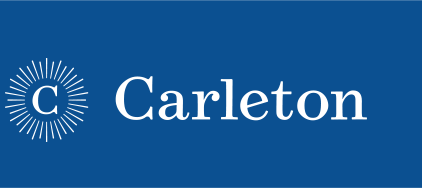Department
Biology
Journal Title
Climatic Change
Publication Date
2004
Volume No.
68
Issue No.
1
First Page
135
Last Page
152
Publisher
Springer Verlag
File Name
004_Camill-Phil_PermafrostThawAcceleratesInBorealPeatlands.pdf
Abstract
Permafrost covers 25% of the land surface in the northern hemisphere, where mean annual ground temperature is less than 0◦C. A 1.4–5.8 ◦C warming by 2100 will likely change the sign of mean annual air and ground temperatures over much of the zones of sporadic and discontinuous permafrost in the northern hemisphere, causing widespread permafrost thaw. In this study, I examined rates of discontinuous permafrost thaw in the boreal peatlands of northern Manitoba, Canada, using a combination of tree-ring analyses to document thaw rates from 1941–1991 and direct measurements of permanent benchmarks established in 1995 and resurveyed in 2002. I used instrumented records of mean annual and seasonal air temperatures, mean winter snow depth, and duration of continuous snow pack from climate stations across northern Manitoba to analyze temporal and spatial trends in these variables and their potential impacts on thaw. Permafrost thaw in central Canadian peatlands has accelerated significantly since 1950, concurrent with a significant, late-20th-century average climate warming of +1.32 ◦C in this region. There were strong seasonal differences in warming in northern Manitoba, with highest rates of warming during winter (+1.39 ◦C to +1.66 ◦C) and spring (+0.56 ◦C to +0.78 ◦C) at southern climate stations where permafrost thaw was most rapid. Projecting current warming trends to year 2100, I show that trends for north-central Canada are in good agreement with general circulation models, which suggest a 4–8 ◦C warming at high latitudes. This magnitude of warming will begin to eliminate most of the present range of sporadic and discontinuous permafrost in central Canada by 2100.
Rights Management
Carleton College does not own the copyright to this work and the work is available through the Carleton College Library following the original publisher's policies regarding self-archiving. For more information on the copyright status of this work, refer to the current copyright holder.
RoMEO Color
Green
Preprint Archiving
Yes
Postprint Archiving
Yes
Publisher PDF Archiving
No
Paid OA Option
Yes
Contributing Organization
Carleton College
Type
Article
Format
application/pdf
Language
English
Recommended Citation
Camil, Philip. 2004. "Permafrost Thaw Accelerates in Boreal Peatlands During Late-20th Century Climate Warming." Climatic Change 68, (1): 135-152. Accessed via Faculty Work. Biology. Carleton Digital Commons. https://digitalcommons.carleton.edu/biol_faculty/2



